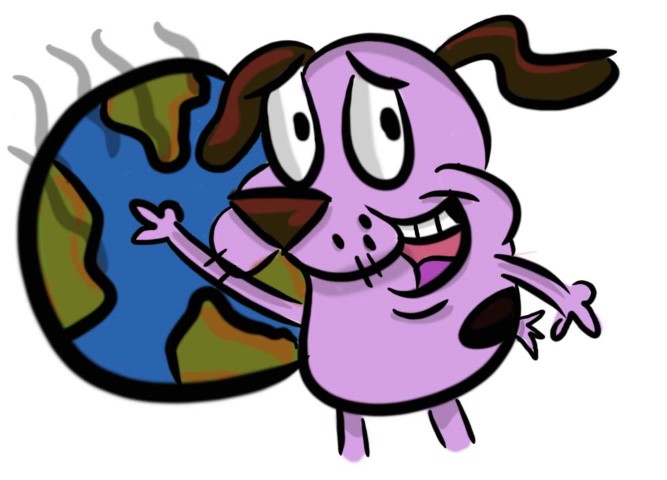Have video games reached sexual maturity?
By Brittney MacDonald, Contributor
I remember my first encounter with sexuality in video games. I was giggling over pixelated nipples in Duke Nukem with my cousins, hoping no adults wandered in when we handed her the cash. As I’ve grown older, I’ve expected more from my video games than a plumber and his princess, or a chauvinist beefcake interacting with stationary “babes.” Romance has always been a part of console gaming, but the way it is presented has changed over time.
I’ve witnessed and played through the fairy tale-like worlds of Mario and Zelda, helping the hero get the girl and crossing my fingers for that long-awaited end game kiss. The NES made these games a popular new hobby and created a generation (or two) of gaming addicts, and that part hasn’t changed. Kids nowadays are growing up with graphics-heavy titles, and complicated game play. But what happens to the other gamers? The ones cultivated on Atari and Super Nintendo? Those gamers have matured, and so have their tastes.
So games started going through an evolution, starting with the addition of mainstream graphic violence like Mortal Kombat. Though it sold well, it also brought another element to gaming: the idea of controversy. Mortal Kombat, Night Trap, and many other games got caught up in a congressional hearing protesting their content. All this attention did little to dissuade the gaming industry, and only led to the addition of game ratings. Ratings are a little system for parents to use to tell if the game is the “Curb stomping your enemies” kind of fun or the “Learn to play the flute from a talking boat” kind.
Games with questionable sexual content had already been created, but they were now receiving sequels. The early ‘90s for gaming were a time I like to refer to as, “The Hormonal Teenager.” A male-dominated industry filled with sex and violence, with little substance to glue it all together. There were exceptions of course (such as Final Fantasy 7), but titles like Duke Nukem 3D, the Leisure Suit Larry series, and many others displayed a certain puberty-driven aesthetic that, although entertaining and hilarious, missed the mark on being especially memorable. After all, can you pick out one Duke Nukem game from the next purely based on substance, and not the evolution of technology or graphics?
But as teenage boys grow up and learn the lingerie section of the Zellers’ catalogue isn’t the pinnacle of eroticism, the games industry also grew. Suddenly writers and storylines became more important, perhaps even more important than eye candy. Attractive characters and love interests were combined with immersive game play and deep, plot-driven arcs. The early 2000s brought us games like Final Fantasy X (a personal favourite) and Shadow of the Colossus (SOTC). In some ways, this may have been a jump back, especially with SOTC. A hero is still doing everything he can to save his “princess,” but the key difference is the evolution of character development. Characters are now faced with moral choices and gamers become more emotionally involved in the games they play.
More recently, sex has been reintroduced as an achievement, but unlike the early days of the ‘90s, that achievement is less of a conquest and more an element to game play. Successful series such as Mass Effect and Dragon Age have incorporated relationships and sex as an optional element to enhance the plot, but nothing is lost should the player wish to ignore it. These games have enjoyed commercial success, and Mass Effect 2 even won Game of the Year (with a nomination for Game of The Decade) from Spike’s Video Game Awards.
But what does this mean to older gamers? The ones that grew up with the games industry and have been a part of the gaming market since learning the ‘Konami Code’ with their Kool-Aid moustache? I can’t speak for everyone, but I look forward to the continued progression as writers and developers work to perfect the human experience of relationships in the digital arena. I just hope that means more options like Garrus Vakarian, because nothing says sexy like a seven-foot-tall grasshopper in a space suit.


